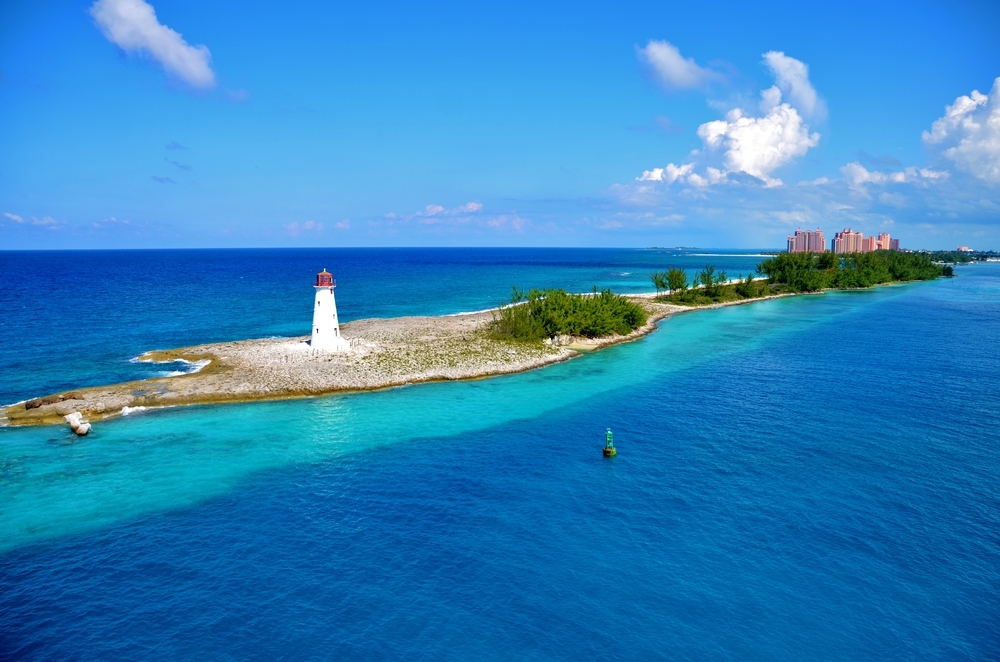Zika is receiving worldwide attention due to the recent outbreak and confirmation from the CDC that Zika is a cause of microcephaly and other severe fetal birth defects. Many travel sites and health officials have advised pregnant women and those trying to get pregnant to avoid countries in the Caribbean and Latin America where Zika is active due to the risk of contracting the virus and passing it to their unborn children. Most countries experiencing a Zika outbreak is due to the local transmission of the virus by mosquitos. In other words, mosquitos are carrying the virus and spreading it by biting victims. This is different than in places like the U.S. where there isn’t an outbreak, but cases have been reported—in these cases, people contracted the virus through sexual transmission or from traveling to one of the outbreak countries. With all the news on Zika, we polled travelers to see if they are avoiding locations where the virus is present.
We asked: Are you avoiding travel to places where Zika is currently active?
- 58% said yes they are avoiding travel to places where Zika is currently active.
- 21% said no they are not avoiding travel to these destinations.
- 21% said they haven’t given it much thought.
For those who are trying to avoid traveling to places where Zika is currently active, most of the Caribbean and Latin America is off-limits. If you still want to go to the Caribbean—we recommend The Bahamas. Obviously we are not medically trained doctors, so it is best to check with your provider before traveling to any of these regions, especially if you are pregnant or trying to get pregnant. However, the State Department and CDC have not released advisories for the Bahamas for Zika. Even better news? Our analysts have found flights to Nassau starting below $200 and most stay under $500!

Other countries in the Caribbean like Antigua and Barbuda and the British Virgin Islands also do not have reports of local transmissions, but there are still advisories for other mosquito-spread illnesses like Chikungunya and Dengue in these countries.
Maybe you ruled out the Caribbean but not Latin America? Well, you're not completely out of luck. Uruguay and Chile still have zero reported cases from local transmission. These countries also haven no advisories on the State Department website for Zika.
For those who want to follow added caution and avoid Zika completely, there are many alternative destinations to the Caribbean and Latin America. One of our favorites is the Mediterranean. This large region has something for every traveler.

If you’re into beautiful coastlines, amazing beaches, and luxury at its best, the French Riviera is the place for you. Flights to the French Riviera aren’t too expensive—we’ve found deals to Nice for as low as $807 for a round trip flight. Maybe history is more your thing—major cities on the Mediterranean such as Barcelona and Rome are perfect for the history buff. Or, if you’re interested in combining great beaches and some of the best nightlife in Europe, then Ibiza is your best choice. This Mediterranean island hosts some of the best nightclubs in Europe and isn’t too expensive to reach. Flights from New York City are as low as $847 round trip! Other destinations throughout Europe are also safe alternatives to avoid Zika, we just really love the Mediterranean.
Besides Europe, traveling amongst the United States and North America is still pretty safe as well. There have been cases of Zika reported from travelers that have been to countries where there is an outbreak, but there have not yet been any confirmed cases of local transmission in the U.S. If you are looking for a tropical getaway within the states—Hawaii is a great choice. If you’re looking to stay on the continent—check out Canada. Vancouver is a great choice for those looking for an outdoor adventure. If France was on your mind but is a little too expensive—Montreal is another great alternative.

Wherever you decide to go, if there are mosquitos it is best to use insect repellants and products recommended by the CDC to protect yourself. For more information on Zika and to stay up-to-date on outbreaks and other related information check out the Zika page on the CDC’s website.






